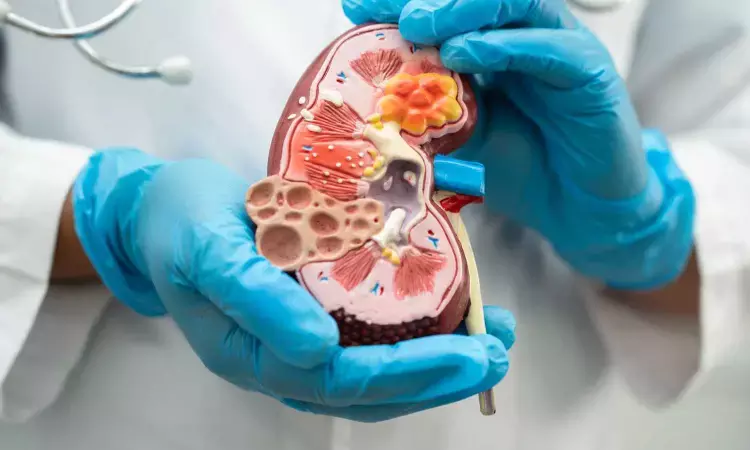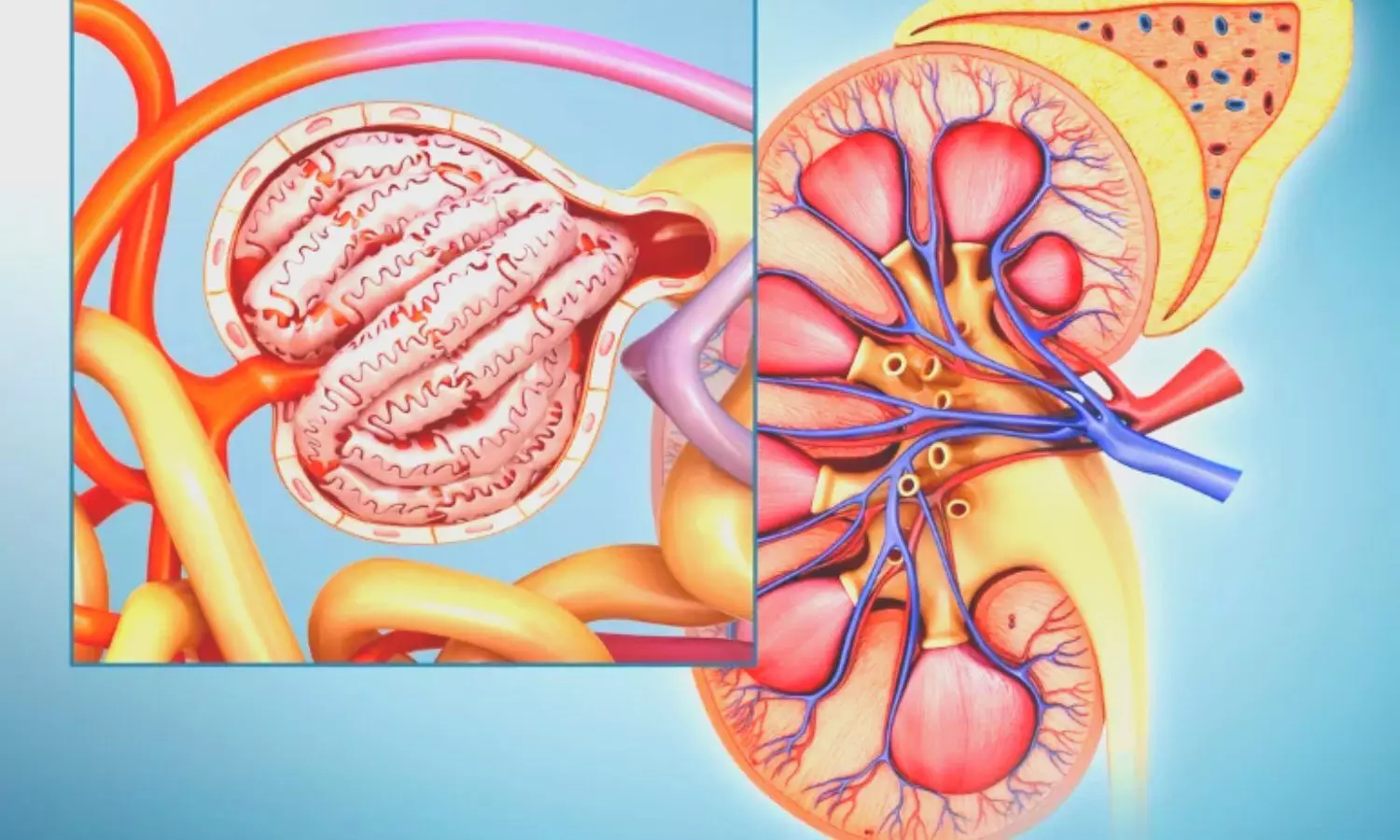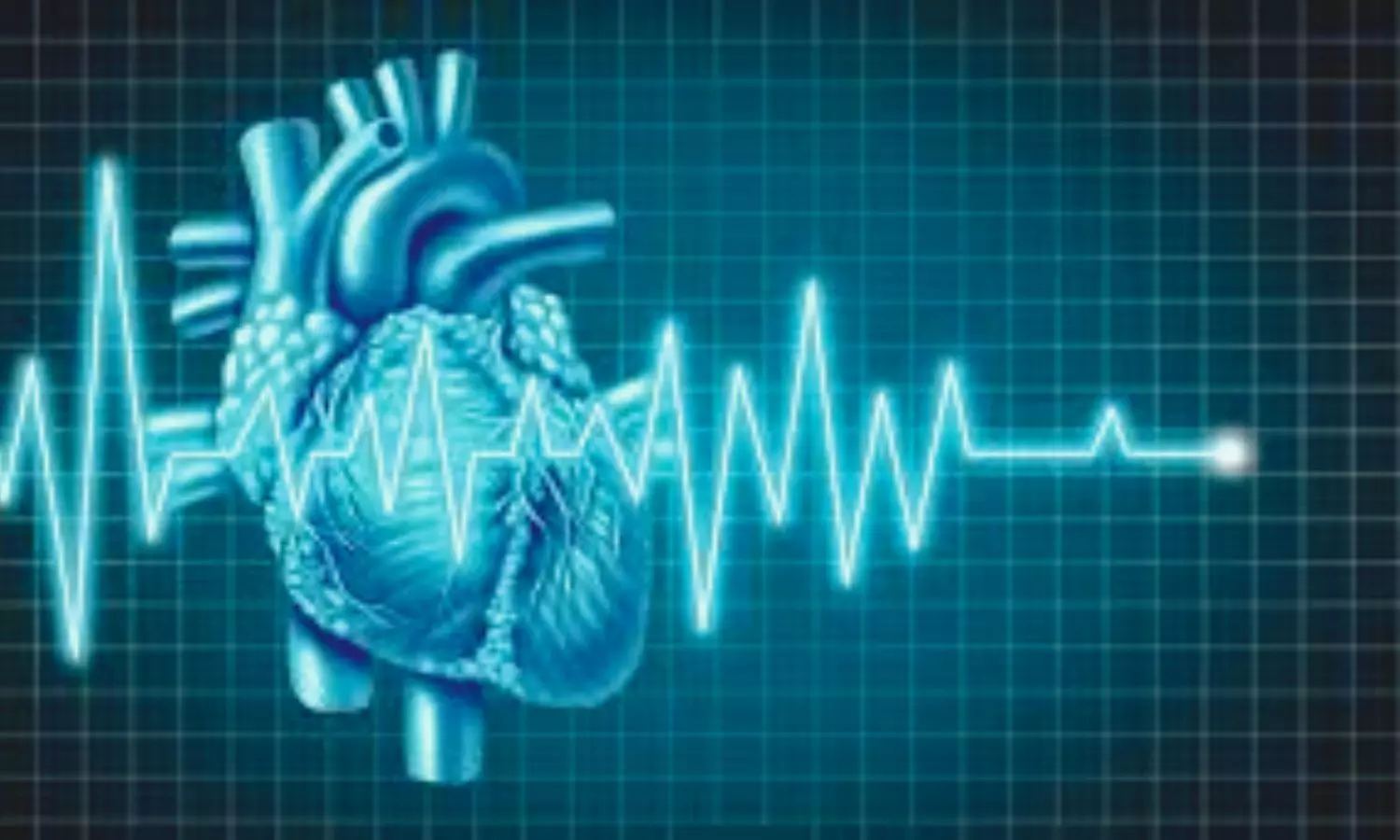- Home
- Medical news & Guidelines
- Anesthesiology
- Cardiology and CTVS
- Critical Care
- Dentistry
- Dermatology
- Diabetes and Endocrinology
- ENT
- Gastroenterology
- Medicine
- Nephrology
- Neurology
- Obstretics-Gynaecology
- Oncology
- Ophthalmology
- Orthopaedics
- Pediatrics-Neonatology
- Psychiatry
- Pulmonology
- Radiology
- Surgery
- Urology
- Laboratory Medicine
- Diet
- Nursing
- Paramedical
- Physiotherapy
- Health news
- Fact Check
- Bone Health Fact Check
- Brain Health Fact Check
- Cancer Related Fact Check
- Child Care Fact Check
- Dental and oral health fact check
- Diabetes and metabolic health fact check
- Diet and Nutrition Fact Check
- Eye and ENT Care Fact Check
- Fitness fact check
- Gut health fact check
- Heart health fact check
- Kidney health fact check
- Medical education fact check
- Men's health fact check
- Respiratory fact check
- Skin and hair care fact check
- Vaccine and Immunization fact check
- Women's health fact check
- AYUSH
- State News
- Andaman and Nicobar Islands
- Andhra Pradesh
- Arunachal Pradesh
- Assam
- Bihar
- Chandigarh
- Chattisgarh
- Dadra and Nagar Haveli
- Daman and Diu
- Delhi
- Goa
- Gujarat
- Haryana
- Himachal Pradesh
- Jammu & Kashmir
- Jharkhand
- Karnataka
- Kerala
- Ladakh
- Lakshadweep
- Madhya Pradesh
- Maharashtra
- Manipur
- Meghalaya
- Mizoram
- Nagaland
- Odisha
- Puducherry
- Punjab
- Rajasthan
- Sikkim
- Tamil Nadu
- Telangana
- Tripura
- Uttar Pradesh
- Uttrakhand
- West Bengal
- Medical Education
- Industry
Progress in Kidney Transplants: Therapeutic Hypothermia Emerges as Solution for Delayed Graft Function in new research

Illegal Kidney Transplant
In a comprehensive multicenter randomized clinical trial, researchers have explored the effectiveness of therapeutic hypothermia in preventing delayed graft function in kidney transplants from low-risk, non-pumped donors after brain death. The study, spanning from August 10, 2017, to May 21, 2020, across four Organ Procurement Organizations in the United States, aimed to address a crucial question in transplantation medicine. The study's findings indicate that, in low-risk, non-pumped kidneys from brain-dead donors, therapeutic hypothermia does not appear to significantly prevent delayed graft function in kidney transplant recipients.
The study results were published in the journal JAMA Network Open.
The occurrence of delayed graft function in recipients of kidney transplants is linked to heightened financial expenses and additional burdens on patients. Notably, in donors exhibiting a high Kidney Donor Profile Index, whose kidneys do not undergo machine perfusion, therapeutic hypothermia has demonstrated its efficacy in providing a protective advantage against the development of delayed graft function. The primary objective was to determine whether maintaining donors at a lower temperature (34.0-35.0 °C) through therapeutic hypothermia was superior to normothermia (36.5-37.5 °C) in preventing delayed graft function.
This prospective, multicenter, randomized clinical trial included brain-dead kidney donors deemed low risk and not requiring machine perfusion per Organ Procurement Organization protocol. A total of 509 low-risk brain-dead kidney donors were enrolled, with 245 allocated to the normothermia group and 236 to the hypothermia group. The final analysis encompassed 934 transplanted kidneys. The donors were randomly assigned to either the hypothermia or normothermia group, and the study outcomes were evaluated following the intent-to-treat principle. The primary outcome under scrutiny was the occurrence of delayed graft function in kidney recipients, defined by the necessity for dialysis within the first week post-transplant.
Results:
- A total of 934 kidneys were transplanted from 481 donors, with no significant differences observed in donor characteristics between the two groups.
- Both the normothermia and hypothermia groups exhibited a similar incidence of delayed graft function, with rates of 18% and 17%, respectively.
- The adjusted odds ratio, calculated at 0.92 (95% CI, 0.64-1.33; P = .66), indicated no statistically significant difference between the two groups in preventing delayed graft function.
- Donor characteristics, including age, creatinine level, Kidney Donor Profile Index, and cold ischemia time, were found to be comparable between the normothermia and hypothermia groups.
This groundbreaking study challenges the prevailing notion about the efficacy of therapeutic hypothermia in preventing delayed graft function in kidney transplant recipients from low-risk, non-pumped donors. The findings, while unexpected, provide critical insights that may reshape transplantation protocols. Continued research in this domain is essential to refine our understanding and further enhance outcomes in kidney transplantation.
Further reading: Patel MS, Salcedo-Betancourt JD, Saunders C, Broglio K, Malinoski D, Niemann CU. Therapeutic Hypothermia in Low-Risk Nonpumped Brain-Dead Kidney Donors: A Randomized Clinical Trial. JAMA Netw Open. 2024;7(2):e2353785. doi:10.1001/jamanetworkopen.2023.53785
Dr Kartikeya Kohli is an Internal Medicine Consultant at Sitaram Bhartia Hospital in Delhi with super speciality training in Nephrology. He has worked with various eminent hospitals like Indraprastha Apollo Hospital, Sir Gangaram Hospital. He holds an MBBS from Kasturba Medical College Manipal, DNB Internal Medicine, Post Graduate Diploma in Clinical Research and Business Development, Fellow DNB Nephrology, MRCP and ECFMG Certification. He has been closely associated with India Medical Association South Delhi Branch and Delhi Medical Association and has been organising continuing medical education programs on their behalf from time to time. Further he has been contributing medical articles for their newsletters as well. He is also associated with electronic media and TV for conduction and presentation of health programs. He has been associated with Medical Dialogues for last 3 years and contributing articles on regular basis.
Dr Kamal Kant Kohli-MBBS, DTCD- a chest specialist with more than 30 years of practice and a flair for writing clinical articles, Dr Kamal Kant Kohli joined Medical Dialogues as a Chief Editor of Medical News. Besides writing articles, as an editor, he proofreads and verifies all the medical content published on Medical Dialogues including those coming from journals, studies,medical conferences,guidelines etc. Email: drkohli@medicaldialogues.in. Contact no. 011-43720751




